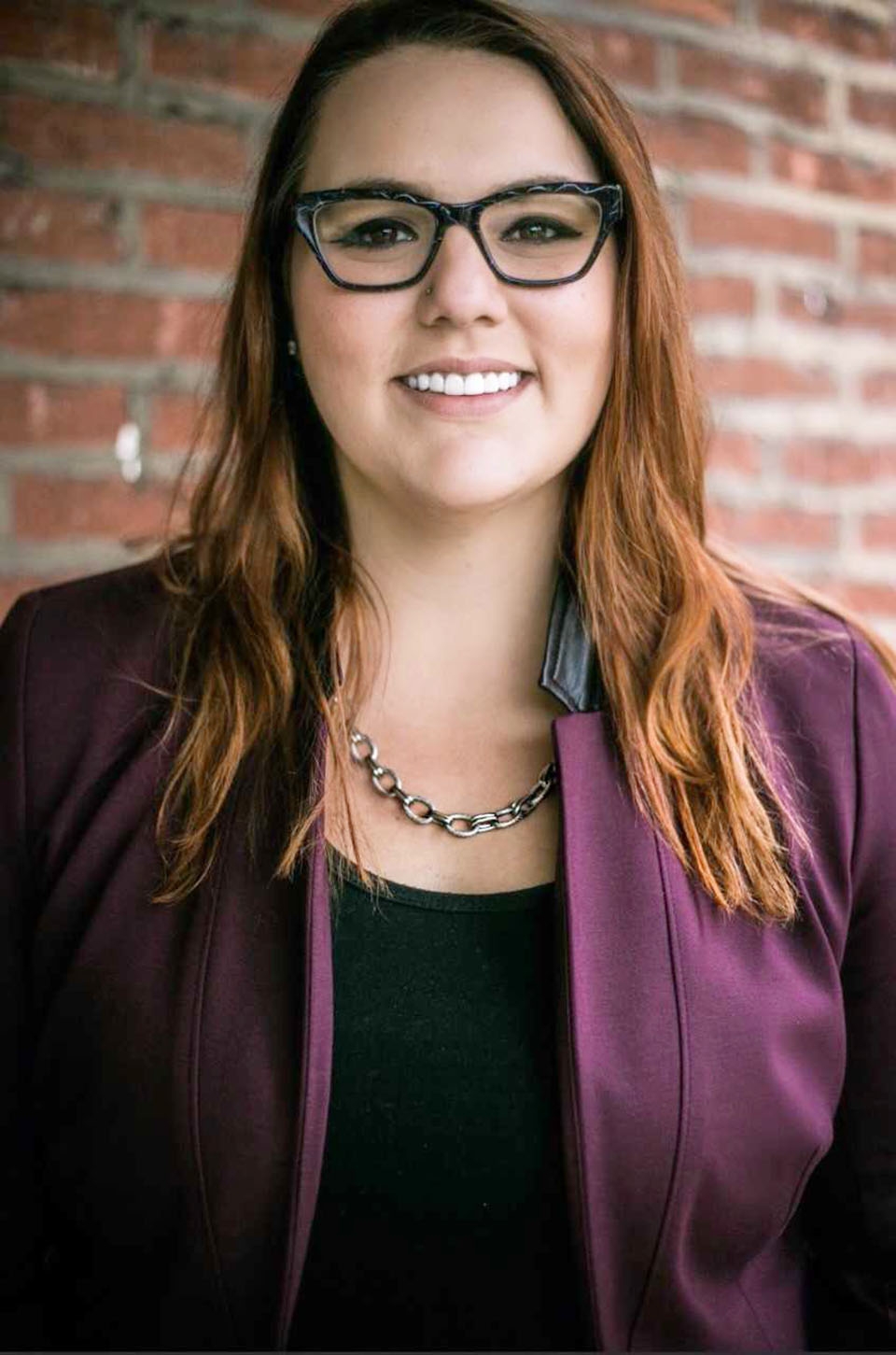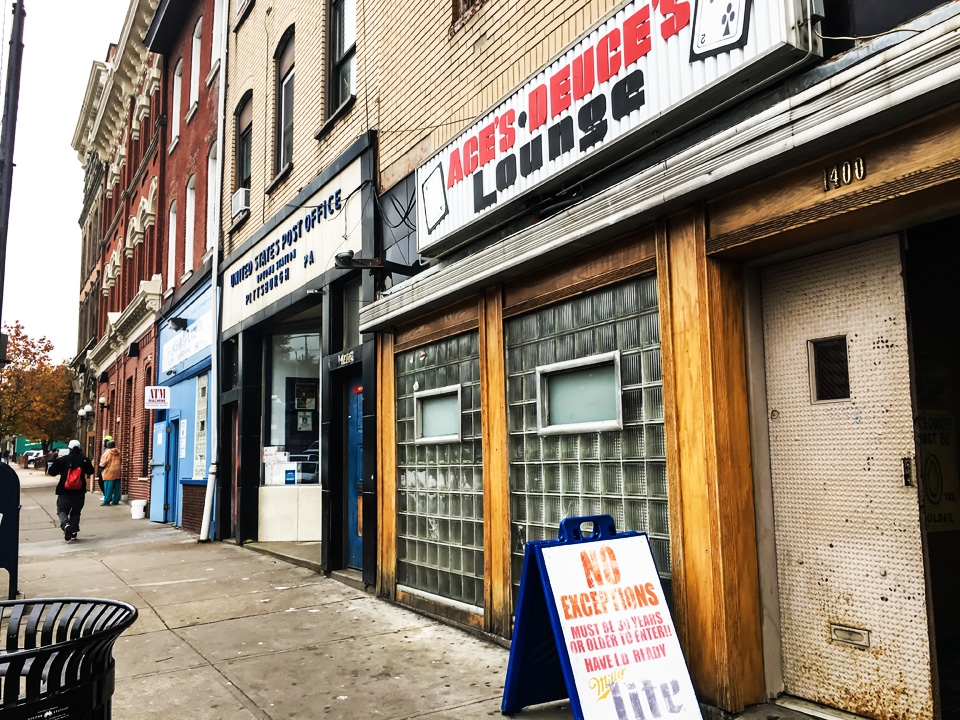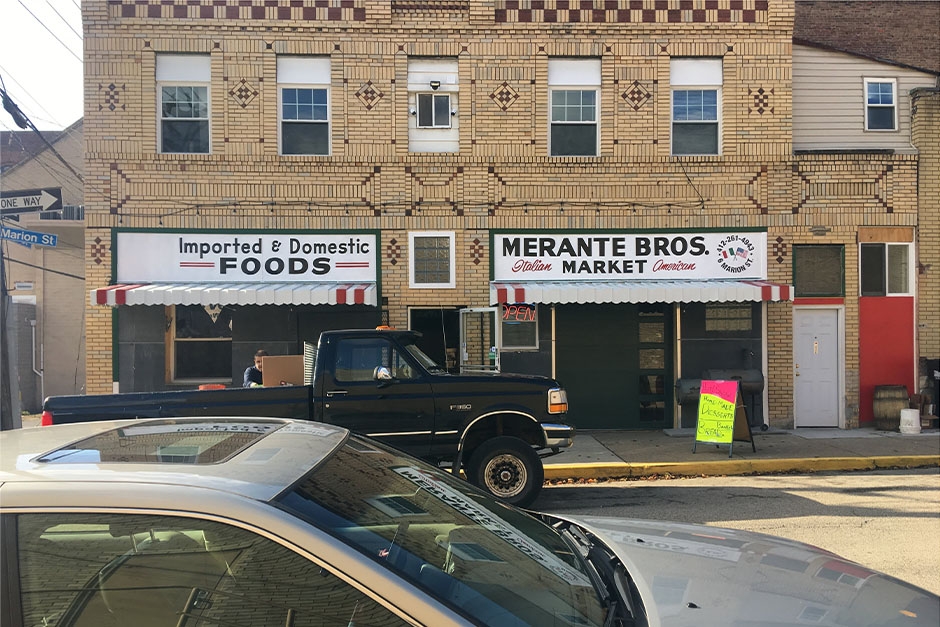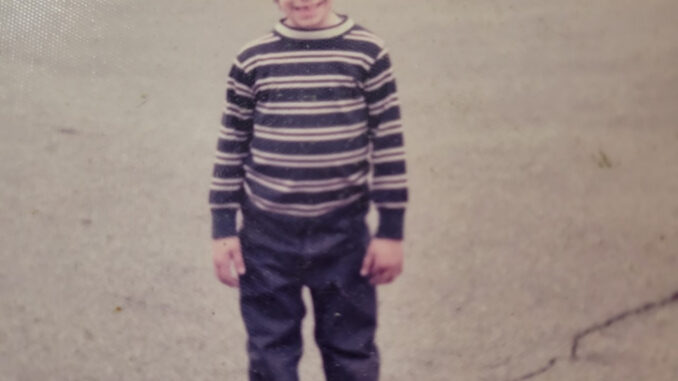
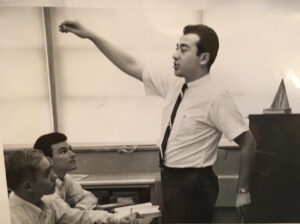
by Capri Scarcelli | a&e editor
Feb. 17, 2022
On a warm summer afternoon in 1975, my father and grandfather saved Fred Rogers’ dog.
An innately curious six-year-old at the time, my father, Jeff Scarcelli, was always at my grandfather Ross Scarcelli’s side. He would sit on the edge of the living room couch, listening to my grandfather take phone calls from his calculus students at Penn Hills High School and write down problems on scraps of paper; he would run errands to apartment buildings that my grandfather had owned, and was his right-hand-man in the passenger seat of every drive.
According to Jeff, that afternoon they were running an errand in Wilkinsburg at a supply store called Construction Junction, and drove toward Shadyside for a bite to eat.
On the intersection of Penn Avenue and 5th facing Mellon Field, in “bumper-to-bumper” traffic, my father saw a wounded, bleeding dog helplessly laying on the side of the road, where numerous cars passed by without a stop.
“My dad looked over at me with a sigh, and he said ‘do you want to save him?’ to which I said yes,” Jeff said.
Picking up the precious pup, my grandfather put his hazards on to read the tag of his collar, driving around Shadyside until they found his home sweet home.
Though not known at the time, it was Joanne Rogers who answered the door, filled with gratitude and offered money to pay Jeff and Ross back for their generosity. When Ross said no, that it was simply the right thing to do, Mrs. Rogers asked for their names so she and her husband could remember them.
In a mere matter of days, Ross received a letter from Fred Rogers himself, thanking him for going out of his way to help someone in need.
“My dad had such an incredible focus on family,” Jeff said. “He noticed my heavy heart in the passenger seat that day, and I knew in that moment he would have done anything for me.”
When they came home and shared the news, my grandmother, Claudia Scarcelli, said she “wasn’t surprised.” According to her, Ross was always looking to help and heal.
“He was just that kind of person,” Claudia said. “He cared about everything that was going on around him, and would never want to see a person hurting.”
In that letter, Mr. Rogers said that the dog was a special part of their family, and was the children’s favorite pet. He was astonished that someone would go out of their way to find the address on the collar.
“We all know that Mr. Rogers is also the kind of person that would reach out to show his gratitude, and he was really very appreciative,” Claudia said. “Mr. Rogers’ show was a favorite of my four children, so we got a kick out of that. He was such a gentle person, with so many loving, positive messages that became instilled in our house.”
Flash forward 44 years. Ross passed away from pancreatic cancer, and I was able to carry his story to Mrs. Rogers myself — in the Penn-Trafford auditorium during my senior year marching band competition.
Rogers was there to honor her late husband, whose legacy we brought to life in our halftime show.
Each instrumentalist waited in line to talk to Rogers, asking her about what her husband was really like, off-screen and in-person.
When it was my turn, she told me that it wasn’t his kindness that made him so special, but how genuine he was. According to Rogers, he was honest with his emotions, and he knew how to express them in favor of others. He helped others navigate childhood, adolescence and adulthood so they would feel less alone.
She told me I was beautiful, and that I carried the same radiance my grandfather once did when he knocked on their doorstep. And he didn’t help because it was “Mr. Rogers’ dog.” He didn’t help because he wanted to remember a time where he was helpful. He helped because he knew it would be something that would put his child’s mind at ease, and it was something that would take the weight off of a family’s shoulders.
According to my grandmother, he was the teacher who would give his home phone number to his students if they needed help outside of the classroom. He was the landlord who would spend his own paycheck making sure his tenants were comfortable. He was the husband who would check on a car in smoke on the side of the road, assuring his wife that everything will be okay. He was the father that would put “Mister Roger’s Neighborhood” on in the living room, where his kids would wind down for the evening and learn more and more about what it means to be the love and support that someone else may need down the road.
“He cared a lot about people. I really miss him being around, he was such a special person,” Claudia said. “If he were still here, I would show him the Facebook page made for him. Ross Scarcelli Fan Club. For as long as he lived, he would never look at it. He was afraid of negativity, and never wanted to see his students in a bad light.”
Little does he know, the fan club has 390 members who share memories weekly.
In a blink of an eye, my father and grandfather went out of their way to help someone in need. To this day, a butterfly effect of good behavior has paid itself forward for generations. It’s the values I was raised by that remind me that in any instance, you can change someone’s life in an instant. And that, I can tell you, is how to be a good neighbor.

